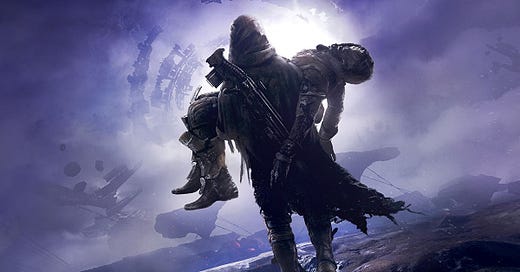When the founder of Bungie, the videogame studio and creators of Halo announced their new project Destiny in 2014 I was impressed for one main reason. It was a space based first person shooter in which the aim was to make your character into a legendary hero. Now as a ‘tech guy’ who has played many videogames, there have been numerous occasions in which…
Keep reading with a 7-day free trial
Subscribe to Stoic Observations to keep reading this post and get 7 days of free access to the full post archives.





